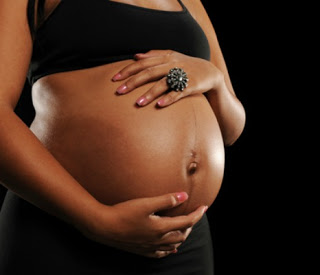
Distribution of some 1.2 billion condoms in eight states under a programme funded by the British government against HIV/AIDS helped prevent 2.5 million unintended pregnancies, according no new findings released in Abuja.
Called Enhancing Nigeria’s Response (ENR) to HIV/AIDS, the programme also prevented 109,364 new HV infections, said Bright Ekweremadu, team leader of the programme managed by Society for Family Health.
The condoms and associated health promotion also helped prevent some 10,000 maternal deaths and years of contraceptive protection.
More than 1.8 million people in eight high prevalence states–Akwa Ibom, Benue, Cross River, Kaduna, Lagos, Nasarawa, Ogun–tested and got results for HIV, according to data from the tail end of the programme in 2013 and early 2014.
The numbers from 2009 when ENR started also show increase in comprehensive HIV knowledge among men and women.
“Nigeria is fighting back,” said Kemi Williams, a representative of the UK Department for International Development.
“More young people are knowledgeable about an preventing HIV and more people know to get treated when they are infected.”
The UK has spent around £100 million on ENR up until its formal end in December 2014, but the British government is looking to streamline the programme in the next couple of years in hopes of diversifying the market for contraceptives and leveraging more funding from development partners, said Williams.
With help from HIV control agencies, ENR helped push for the promulgation of anti-stigma and anti-discrimination laws and enhanced the capacity of local civil society organisations in five of the eight states where it worked.
The programme was implemented through a consortium that included Action Aid, BBC Media Action, Population Services International, Options Consultancy Services, Benguela Health, Population Council and Crown agents.
“ENR is a big part of the UK’s contribution to Nigeria. Lessons learnt from this project will be used to inform other projects for HIV in Nigeria,” said Williams.



















